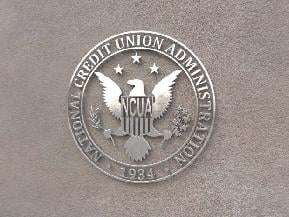<p>Calling someone a hacker used to be almost a compliment, or at least a begrudging recognition of his intelligence and ability to crack into computer systems. But that was before cyber-terrorism joined the physical kind as a fact of life for us all. Just as those threats have changed and grown, so has the terminology. Below are some new definitions for old terms and some altogether new ones that un-techie CU managers might want to know, too. Hacker – According to Scott Mackelprang, director of security and compliance at Digital Insight, a hacker is a “term pretty loosely used and come to have pretty multiple meanings. A formal meaning and that used by people intimate in security (and by the bad guys) is that a hacker is someone who loves to delve into technology, gets good at it and finds ways to do interesting things. Kind of a geek guy who’s not necessarily malicious.” Cracker – Meanwhile, Mackelprang says, a cracker is someone who sets out to deliberately compromise systems, with the primary aim to be malicious. Mal-ware – While they’re often labeled en masse as viruses, mal-ware refers to viruses, worms, Trojan horses, the collection of rogue code that’s used to snarl and bring down computer systems big and small. Script-kiddies – According to Rick Fleming of Digital Defense, script-kiddies are “inexperienced hacker wanna-bes who don’t really understand what they’re doing, but simply download scripts and tools from the Internet and run them. If it works, great, if not, try the next host or the next script.” The terminology is changing, and so is government and public attitudes toward such activity, observes Rick Woehler at PM Systems, who calls this “the golden age of hacking.” “While Sept. 11 hit us all hard, the defining moment for Internet security this year was actually right after the Chinese captured our P-3 Orion spy plane and held its crew hostage,” he said. “This incident began a small `war’ between U.S. and Chinese hackers, which exposed the buffer overflow then used by the Code Red worm. “But Sept. 11 is going to change the way the government treats hackers. They will no longer be treated as harmless pranksters, but rather as individuals that threaten the United States as a whole.”</p>
 Search
Search














 Copyright © 2024 ALM Global, LLC. All Rights Reserved.
Copyright © 2024 ALM Global, LLC. All Rights Reserved.